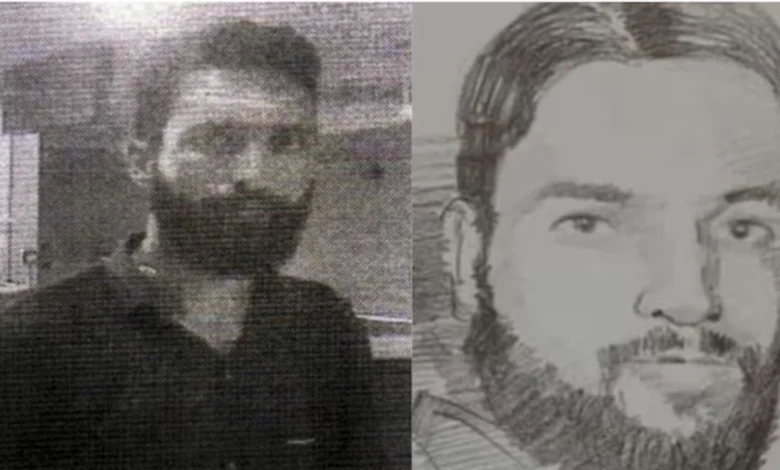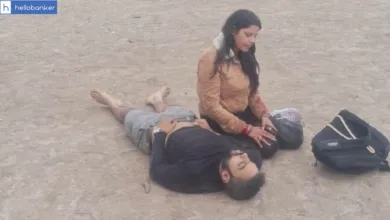How a Student Visa to Pakistan Led to the Deadly Pahalgam Attack

In a shocking turn of events, investigators have found that one of the main terrorists behind the brutal Pahalgam massacre had traveled to Pakistan on a student visa years ago. This disturbing connection is now raising serious concerns about visa security and cross-border terrorism.
Who Was Adil Ahmed Thoker?
Adil Ahmed Thoker, a resident of Gurre village in Bijbehara, Anantnag district of Jammu and Kashmir, has been named as a key planner of the deadly attack that took place in Baisaran, Pahalgam. On April 22, 2025, terrorists opened fire at a tourist site, killing 26 people, including 25 tourists and one local pony operator.
According to intelligence sources, Thoker left India in 2018 on a student visa to Pakistan. However, he was already showing signs of radicalization even before he left. Security officials believe that he had established contacts with individuals linked to banned terrorist groups while he was still in India.
What Happened After He Reached Pakistan?
Soon after reaching Pakistan, Adil Ahmed Thoker completely disappeared. He cut all communication with his family, and intelligence agencies could no longer track him. It was later found that during this time, he was receiving ideological and weapons training under the guidance of Lashkar-e-Taiba (LeT), a Pakistan-based terrorist organization.
How Did He Return to India?
In October 2024, Thoker managed to sneak back into India. He crossed the heavily guarded Line of Control (LoC) through the difficult Poonch-Rajouri sector, a region known for its steep hills and dense forests. Thoker was not alone—he returned with a small group of three to four terrorists, including a Pakistani national, Hashim Musa (alias Suleman), who would later also be involved in the Pahalgam attack.
After crossing the border, Thoker stayed under the radar. He moved carefully through forested areas and remote tracks to avoid detection. Intelligence reports suggest that he briefly passed through Kishtwar before settling back in Anantnag, where he went underground.
Planning the Attack
While hiding, Thoker re-established contact with dormant terrorist cells in Jammu and Kashmir. He is believed to have been scouting for a target that would create maximum casualties and bring international attention. The timing of the attack coincided with the re-opening of popular tourist spots. Baisaran meadow, a scenic tourist destination near Pahalgam, had just reopened in March 2025, and visitors had started returning. This provided Thoker and his group the perfect opportunity to plan a high-profile attack.
How the Attack Unfolded
On April 22, 2025, around 1:50 PM, Thoker and his team emerged from the thick pine forests surrounding Baisaran. Armed with assault rifles, they targeted crowded areas where tourists had gathered.
According to eyewitnesses, the attackers asked some victims about their religion and demanded they recite Islamic verses. Those who hesitated or failed were shot at close range, mostly in the head.
The attack was carried out quickly and ruthlessly. Security officials believe there were at least five attackers who split into smaller groups to cover different areas of the meadow. The entire assault lasted less than ten minutes. By the time help arrived, 26 people were dead, including two security personnel—one from the Navy and another from the Intelligence Bureau.
Who Are the Main Accused?
The Jammu and Kashmir Police have identified three principal suspects:
- Adil Ahmed Thoker (native of Bijbehara, Anantnag)
- Hashim Musa alias Suleman (Pakistani national)
- Ali Bhai alias Talha Bhai (Pakistani national)
Sketches of these three suspects have been released, and a reward of ₹20 lakh has been announced for information leading to their arrest.
Current Situation
Security forces have launched massive search operations across Anantnag, Pahalgam, and surrounding forested areas. On Thursday night, security forces destroyed the homes of Thoker and another accused, Asif Sheikh from Tral. Explosives stored inside their houses triggered powerful blasts during the operation.
